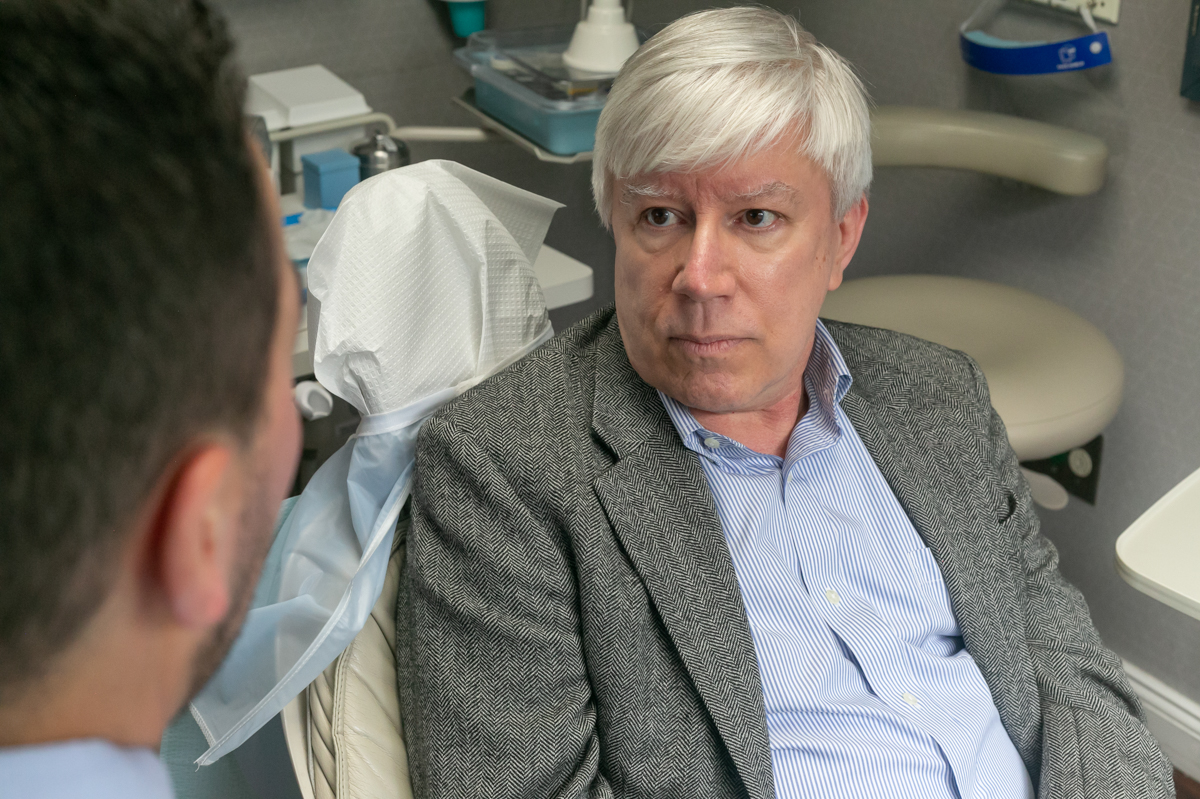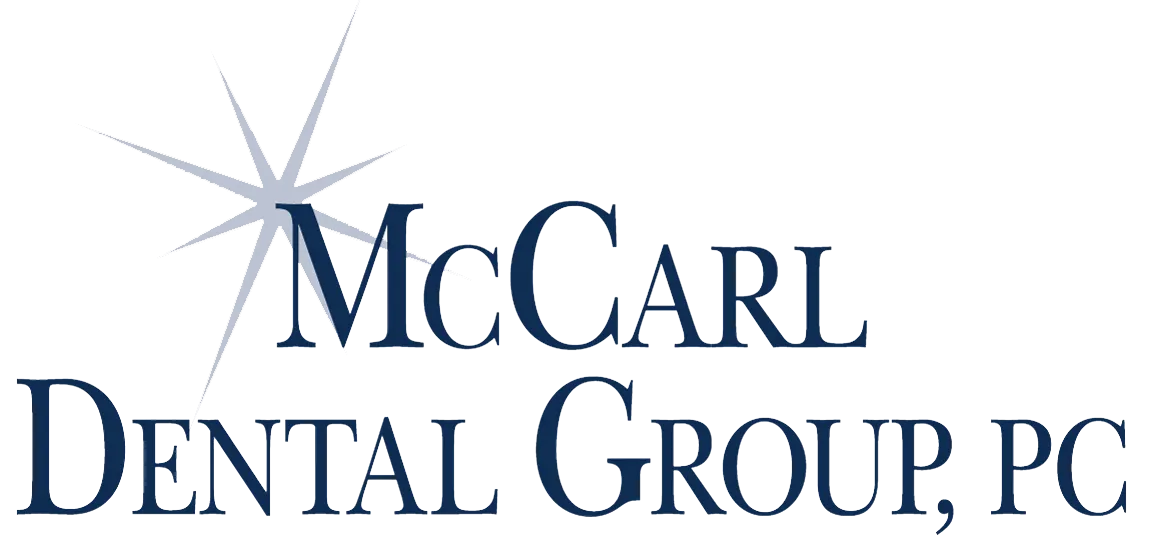

What are Common Dental Emergencies?
Dental emergencies can happen when you least expect them—a sudden toothache that keeps you up at night, a broken tooth from biting something hard, a knocked-out tooth from a fall, or a lost filling or crown that leaves you in pain. At McCarl Dental Group, we understand that dental pain rarely follows a convenient schedule, which is why we prioritize emergency appointments for both existing patients and new patients seeking relief.

Benefits of Getting Quick Emergency Dental Care

Get Out of Pain
Dental pain can be overwhelming, affecting your ability to eat, sleep, focus at work, or enjoy daily activities. Our emergency care focuses first on relieving your discomfort so you can return to normal life.

Prevent Further Issues
Many dental emergencies worsen quickly without proper attention. What starts as a small crack can lead to infection, and a knocked-out tooth has only a short window for successful reimplantation.

Peace of Mind
There's something incredibly reassuring about knowing exactly who to call when a dental emergency strikes. Our patients tell us how much they appreciate having direct access to their dentist when unexpected problems pop up.
The Emergency Dental Care Process


Contact Our Office
Give us a call right away. During business hours, we'll get you in promptly—often the same day. After hours, our regular office message provides instructions for reaching the doctor on call. For established patients, you'll have your doctor's cell phone number for direct access during true emergencies.
Same-Day Evaluation
We keep space in our schedule every day specifically for emergency appointments. When you arrive, we'll focus first on understanding your pain and assessing what's happening. We'll take any necessary X-rays and perform a focused exam to get to the root of the problem quickly.
Immediate Relief
Our first goal is getting you comfortable again. Depending on what's happening, we might drain an infection, place a temporary filling, reattach a crown, or prescribe appropriate medication to manage pain and infection while we prepare for more definitive treatment.
Comprehensive Treatment Plan
Once we've addressed the immediate issue, we'll work with you to develop a plan for lasting results. This might mean scheduling a follow-up for a root canal, permanent crown, or other treatment to completely restore your dental health and help prevent future emergencies.
Frequently asked questions
What should I do if my tooth gets knocked out?
Pick up the tooth by the crown (the part you normally see), not the root. Gently rinse it without scrubbing, and try to place it back in the socket if possible, holding it in place with gentle pressure. If you can't reimplant it, keep it moist in milk, saliva, or a tooth preservation product. Then call us immediately—you have the best chance of saving the tooth if you see a dentist within an hour.
How do I know if my dental problem is a true emergency?
Trust your instincts. If you're in significant pain, have swelling, bleeding that won't stop, or suffered an injury to your mouth, it's better to err on the side of caution. Definitely consider it an emergency if you have a knocked-out tooth, a loose adult tooth, or swelling that affects your breathing or swallowing. When in doubt, just give us a call—we're happy to help you determine how quickly you need to be seen.
If my toothache goes away, do I still need to come in?
Pain that suddenly disappears isn't always good news. In fact, when a severe toothache suddenly stops, it often means the nerve has died—but the infection is still there and may continue to spread. This "quiet phase" can be deceptive and lead to more serious complications if ignored. Even if you're feeling better, it's still important to have the tooth checked.
